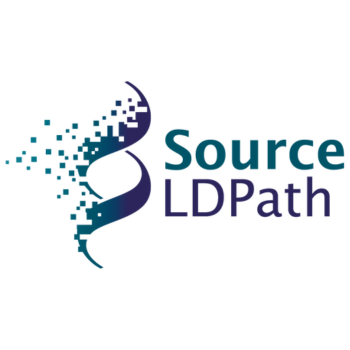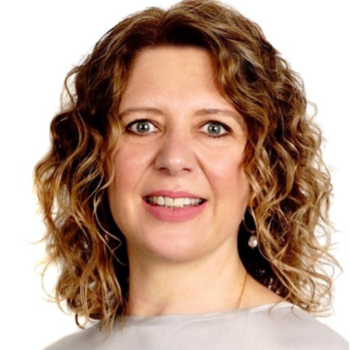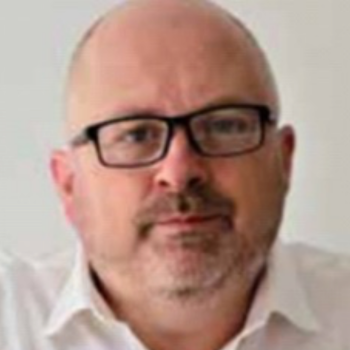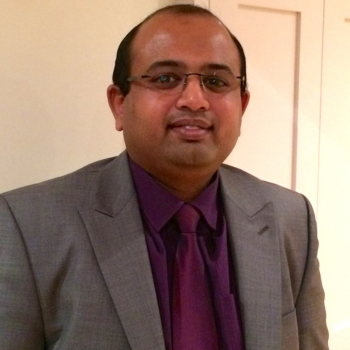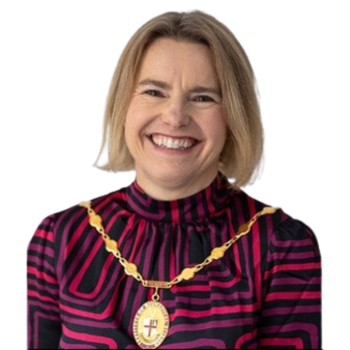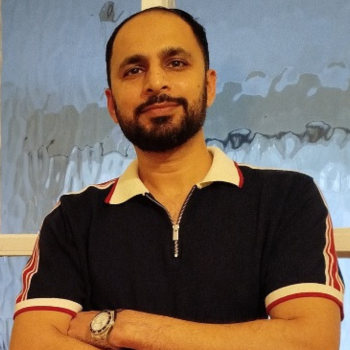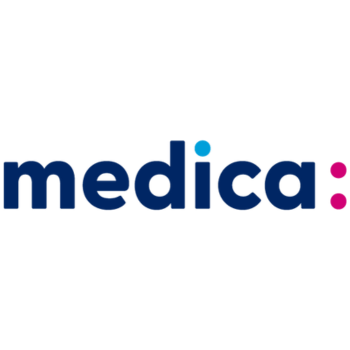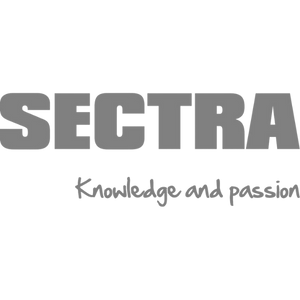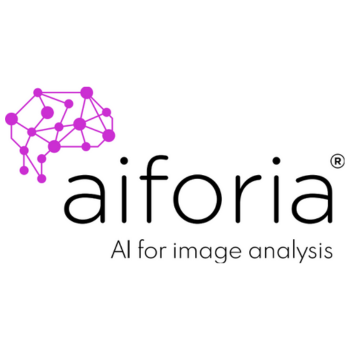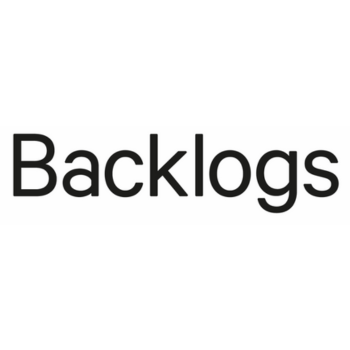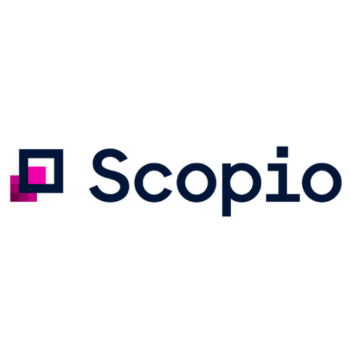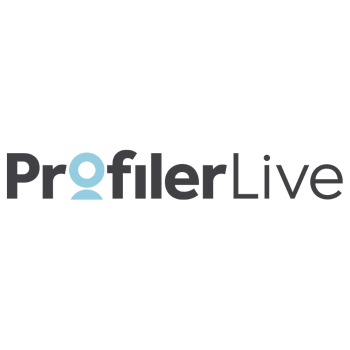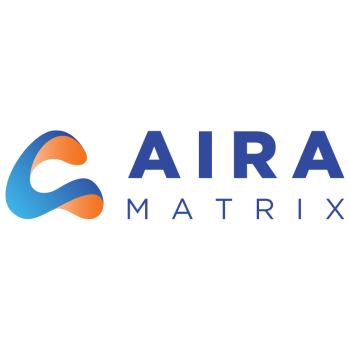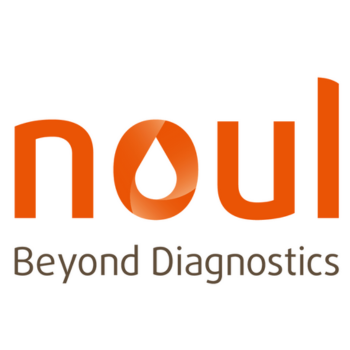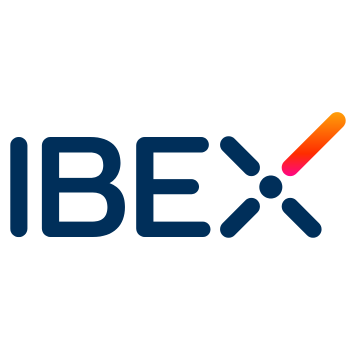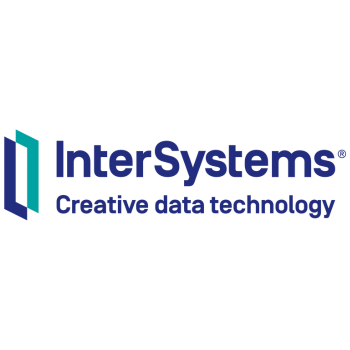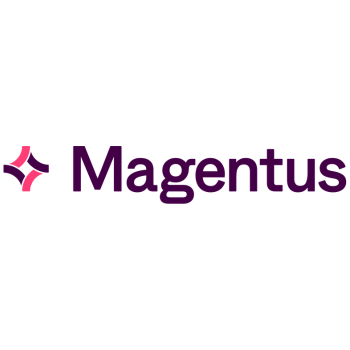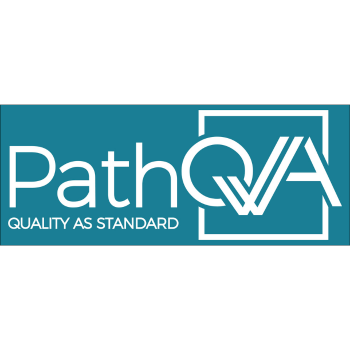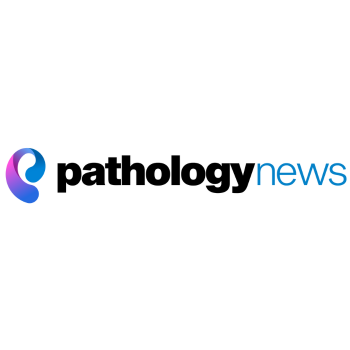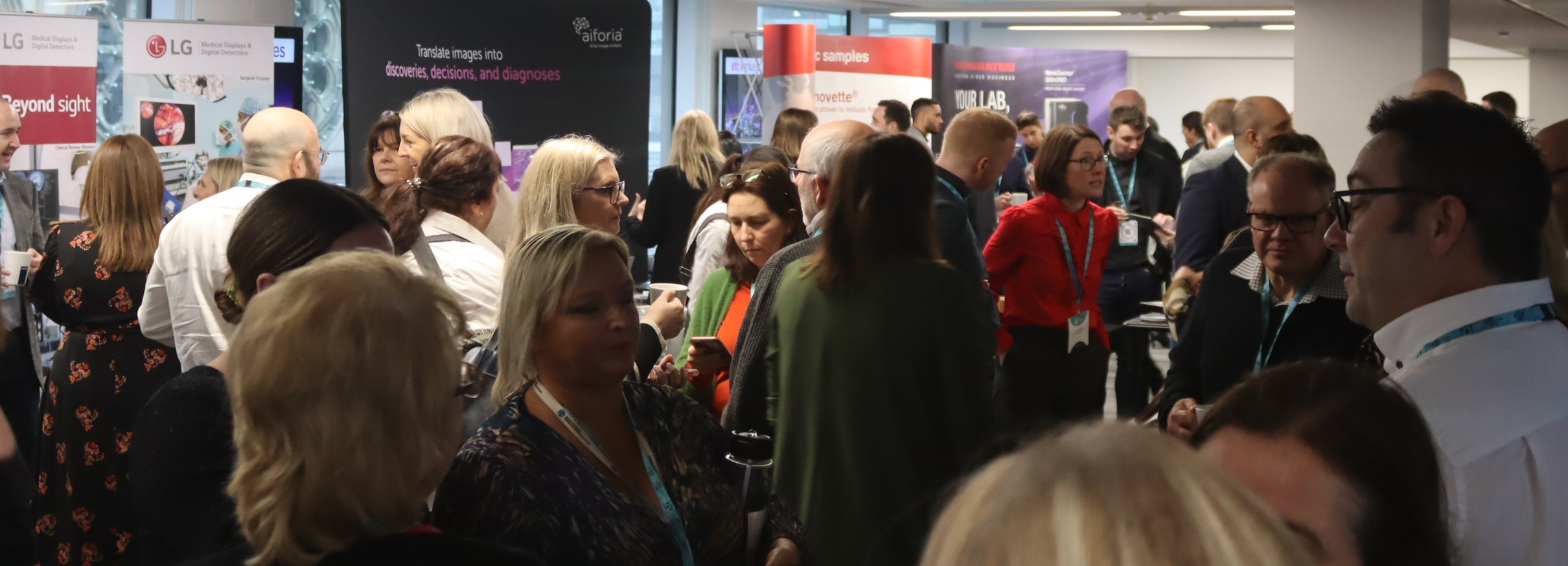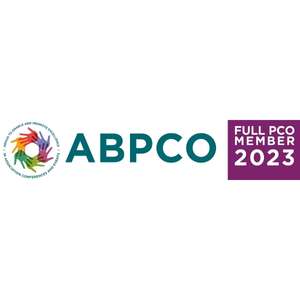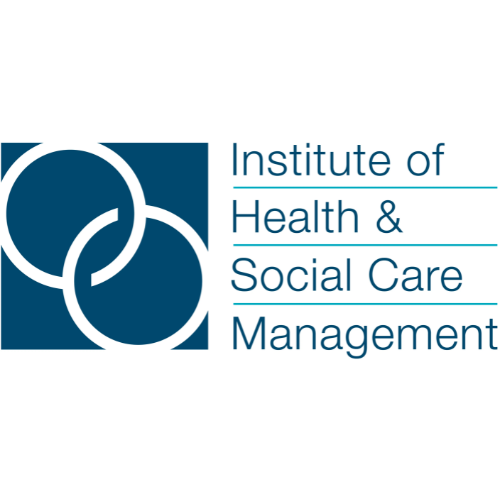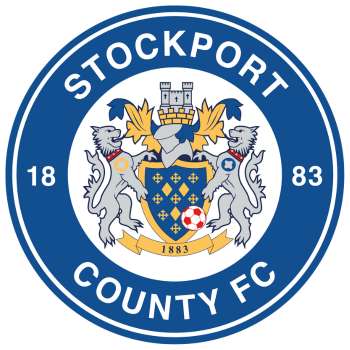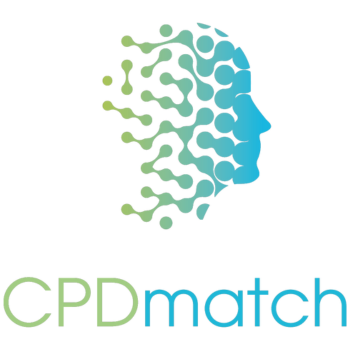The programme
08:30
Registration & Networking
Registration - Open from 8:30 am - Closes at 11:00 am
All delegates must complete their registration process before the 11:00 AM cut-off time. Please arrive in a timely manner to allow for registration and to avoid any inconvenience. Delegates who arrive after the registration deadline will be refused entry to the event.
We appreciate your cooperation in helping us maintain the event's schedule and ensuring that everyone can fully participate in the Conference. If you have any questions or require assistance, our event staff will be available to assist you with the registration process.
Thank you for your understanding, and we look forward to an insightful and productive event together!
09:30
Chair Opening Address (Confirmed)
Mr Chris Sleight MSc BSc FIBMS
Ex Diagnostics Leader within the NHS
Chair Opening Address (Confirmed)
09:40
Addressing Workforce Challenges in Pathology: Strategic Solutions for a Sustainable Future Panel Discussion
Saghar Missaghian-Cully
Managing Director
North West London Pathology
Ms Helen Dent
Chief Executive
BIVDA
Dr Bernie Croal
President
The Royal College of Pathologists
Gareth Richardson
Physiological Science Network Programme Lead and Workforce Development Lead
GM Diagnostic Network
The pathology sector is currently grappling with significant workforce challenges, including staffing shortages, evolving skill requirements, and the integration of advanced technologies. This panel discussion aims to explore comprehensive strategies to attract, develop, and retain talent within pathology, ensuring the field's resilience and capacity to meet future healthcare demands.
Key Discussion Points:
Current Workforce Challenges in Pathology:
- Identifying the root causes of staffing shortages and high turnover rates.
- Assessing the impact of technological advancements on workforce competencies.
Strategic Workforce Planning and Development:
- Implementing effective recruitment and retention strategies.
- Develop training programs to upskill existing staff and prepare new entrants.
Leadership and Mentorship:
- Exploring the role of leadership in fostering a supportive work environment.
- Establishing mentorship programs to guide career progression and professional development.
Collaborative Approaches and Policy Advocacy:
- Engaging with industry associations to influence policy and advocate for workforce needs.
- Promoting collaboration between educational institutions, healthcare providers, and industry stakeholders.
Panellists:
10:30
Main Sponsor - Improving diagnostic turnaround times in histopathology
Klaudyna Johnstone
Commercial Director
Source LDPath
Main Sponsor - Source LDPath
What would it mean for you to be able to quantify digital pathology implementation for your hospital / department?
If only it were as simple as it sounds. A walk-through updated NHS requirements for histopathology TATs and what the private sector can do to support you in achieving them. Focus will be on case studies to date and the Health Economic Model for Digital Pathology.
11:50
Chair Morning Reflection (Confirmed)
Mr Chris Sleight MSc BSc FIBMS
Ex Diagnostics Leader within the NHS
Chair Morning Reflection (Confirmed)
11:55
Case Study - ProfilerLive
Case Study - ProfilerLive
12:15
Case Study - Interoperability and the road to Pathology 3.0
James Johnson
Senior Director Automation and Integration
Diagnexia
Case Study - Diagnexia
Showcasing Diagnexia integration and automation capabilities with Diagnexia AI products to enhance Histology workflows and performance.
12:35
Interview session - Unlocking Innovation and Value in Diagnostics: A Fireside Chat with Beth Loudon on MES Procurement (Confirmed)
Beth Loudon
Head of Market Access
BIVDA
In this intimate fireside chat, Beth Loudon, Head of Market Access at the British In Vitro Diagnostics Association (BIVDA), will share her expertise on navigating the Managed Equipment Service (MES) procurement model in the diagnostics industry. The MES approach has become an innovative solution for healthcare providers, offering a sustainable alternative to traditional procurement by focusing on comprehensive, long-term equipment management solutions rather than outright purchases.
Beth will discuss how healthcare providers and diagnostics companies can optimise value and innovation within this model, exploring best practices for contracting that promotes partnership and insights into adapting to evolving procurement expectations.
This conversation will shed light on the advantages and potential challenges of MES in diagnostics, providing valuable takeaways on how this approach can be navigated to support improved healthcare outcomes and operational efficiencies.
12:55
Case Study - Noul’s miLAB: Seeing more, doing less
Telmo Costa
Global Product Lead BCM
Noul Co LTD
Case Study - Noul
- miLAB portfolio presentation – CER, MAL, BCM
- BCM features, benefits and future developments
14:00
Chair Afternoon Address (Confirmed)
Mr Chris Sleight MSc BSc FIBMS
Ex Diagnostics Leader within the NHS
Chair Afternoon Address (Confirmed)
14:05
GM Network Interview & Q&A (Confirmed)
Dr Rajesh Rajendran, MBBS, FRCPath, MFPH,MAE, PG Dip in Infection Control
Associate Medical Director | Clinical Head of Division of Laboratory Medicine | Clinical Lead for GM Pathology Network
Manchester University NHS Foundation Trust
At the NHS Pathology Conference, Dr. Rajesh Rajendran, Clinical Lead of the Greater Manchester Pathology Network, will share insights into the network’s strategic vision, challenges, and innovations in pathology services. Attendees will have the opportunity to engage in a Q&A, gaining valuable perspectives on the future of pathology in Greater Manchester and beyond.
14:25
Keynote Presentation - A Collaborative Journey : South 4 Pathology Partnership (Confirmed)
Noman Manzoor
Pathology Laboratory Director, General Manager Pathology , Transfusion and Mortuary Services
South 4 Pathology Partnership Great Western Hospitals NHS Foundation Trust
A collaborative journey as South 4 pathology partnership.
The South 4 Pathology Partnership is one of 7pathology networks proposed by NHS England to improve the standardisation, cost-effectiveness, and resilience of pathology services.
The Partnership operates as a collaboration between four acute trusts:
- Oxford University Hospitals NHS Foundation Trust
- Buckinghamshire Healthcare NHS Trust
- Milton Keynes University Hospital NHS Foundation Trust
- Great Western Hospitals NHS Foundation Trust
Presentation covers the journey so far, what we have achieved and what we are planning to do in the future.
14:45
Presentation - Shaping the Future of Pathology: Aligning the RCPath Strategy and 10-Year Plan (Confirmed)
Dr Bernie Croal
President
The Royal College of Pathologists
This presentation will explore the Royal College of Pathologists' (RCPath) strategic vision and its 10 Year Plan, outlining key expectations and the roadmap for implementation. Attendees will gain insights into how these initiatives aim to enhance diagnostic excellence, workforce sustainability, and innovation in pathology.
We will discuss the critical role of collaboration, technological advancements, and policy alignment in achieving these goals, ensuring that pathology services continue to meet the evolving healthcare demands. The session will also provide a forum for reflection on best practices and practical steps for aligning institutional strategies with RCPath
15:05
Presentation - Driving Progress in Pathology Diagnostics (Confirmed)
Joanna Andrew
IBMS President
IBMS
The NHS 10-Year Health Plan’s Vision:
● moving care from hospitals to communities
● making better use of technology
● focussing on preventing sickness, not just treating it
This presentation will discuss how the IBMS can support these objectives in diagnostics.
15:25
Network Collaboration in Pathology: Evaluating Governance Models for Optimal Outcomes Panel Discussion
Saghar Missaghian-Cully
Managing Director
North West London Pathology
Joanna Andrew
IBMS President
IBMS
Dr Bernie Croal
President
The Royal College of Pathologists
Dr Rajesh Rajendran, MBBS, FRCPath, MFPH,MAE, PG Dip in Infection Control
Associate Medical Director | Clinical Head of Division of Laboratory Medicine | Clinical Lead for GM Pathology Network
Manchester University NHS Foundation Trust
Overview:
Pathology networks across the UK are striving to address healthcare challenges with efficient, collaborative governance models that enhance service delivery, innovation, and resilience.
This panel discussion will bring together leaders from key pathology networks to explore the pros and cons of various governance structures. Our panellists will discuss the impact of governance on operational efficiency, collaboration, and clinical outcomes, providing insights into what has worked, what hasn’t and how governance models can evolve to meet future demands.
With perspectives from the Sheffield Network, Hull SHYPS Partnership, East of England Network, and Greater Manchester Pathology Network, this discussion will cover a spectrum of governance approaches, from centralised models to partnerships.
Key Discussion Points:
Governance Models in Practice:
A comparative look at governance frameworks across different pathology networks and their impact on network growth and cohesion.
Benefits and Challenges of Various Governance Approaches:
- Insights into centralised, distributed, and partnership-based governance models, and how they address—or create—challenges in managing pathology services.
Fostering Collaboration and Accountability:
- Exploring how different governance models support collaboration, transparent decision-making, and stakeholder accountability.
Overcoming Governance-Related Challenges:
- Panellists will discuss practical strategies for tackling governance-related issues, from ensuring regulatory compliance to empowering clinical leaders in decision-making.
Panellists:
16:00
Hot Buffet food and drinks
Hot Buffet food and drinks


